Performance management is crucial for the success of any team or organization. It involves a systematic process of setting goals, monitoring progress, providing feedback, and taking corrective actions to ensure that individuals and teams are achieving their objectives effectively and efficiently.
Here are some key reasons why performance management is important:
Goal alignment: Performance management helps align individual and team goals with the overall objectives of the organization. By setting clear goals and expectations, team members have a better understanding of what is expected of them and can work towards common targets.
Improved productivity: When team members know how their performance will be evaluated, they are more likely to stay focused, motivated, and productive. Performance management enables regular monitoring of progress, identifying areas for improvement, and providing necessary support to enhance productivity.
Feedback and development: Performance management provides an opportunity for ongoing feedback and communication between managers and team members. Regular feedback helps employees understand their strengths and areas needing improvement, enabling them to develop their skills and knowledge.
Recognition and rewards: Performance management allows for the recognition and acknowledgment of top performers. By providing regular feedback and evaluating performance, managers can identify employees who consistently exceed expectations and reward them appropriately. This recognition can motivate high performers and boost overall team morale.
Identifying and addressing issues: Performance management helps identify and address performance issues in a timely manner. By monitoring progress and providing feedback, managers can identify any obstacles or challenges that might be hindering performance. This enables proactive intervention to address the issues and prevent them from escalating.
Succession planning: Performance management provides insights into the skills, capabilities, and potential of team members. This information is valuable for succession planning and talent management within the organization. Identifying high-potential employees and grooming them for future leadership roles ensures continuity and the development of a strong talent pipeline.
Legal and compliance requirements: Performance management helps organizations meet legal and compliance requirements. It ensures that employees are treated fairly, performance evaluations are conducted objectively, and any necessary documentation is maintained for legal purposes.
Overall, performance management plays a critical role in maximizing individual and team performance, fostering employee engagement, and driving organizational success. It creates a culture of continuous improvement, accountability, and development, benefiting both employees and the organization as a whole.
Mike Jack is the Director of The One Consultancy

